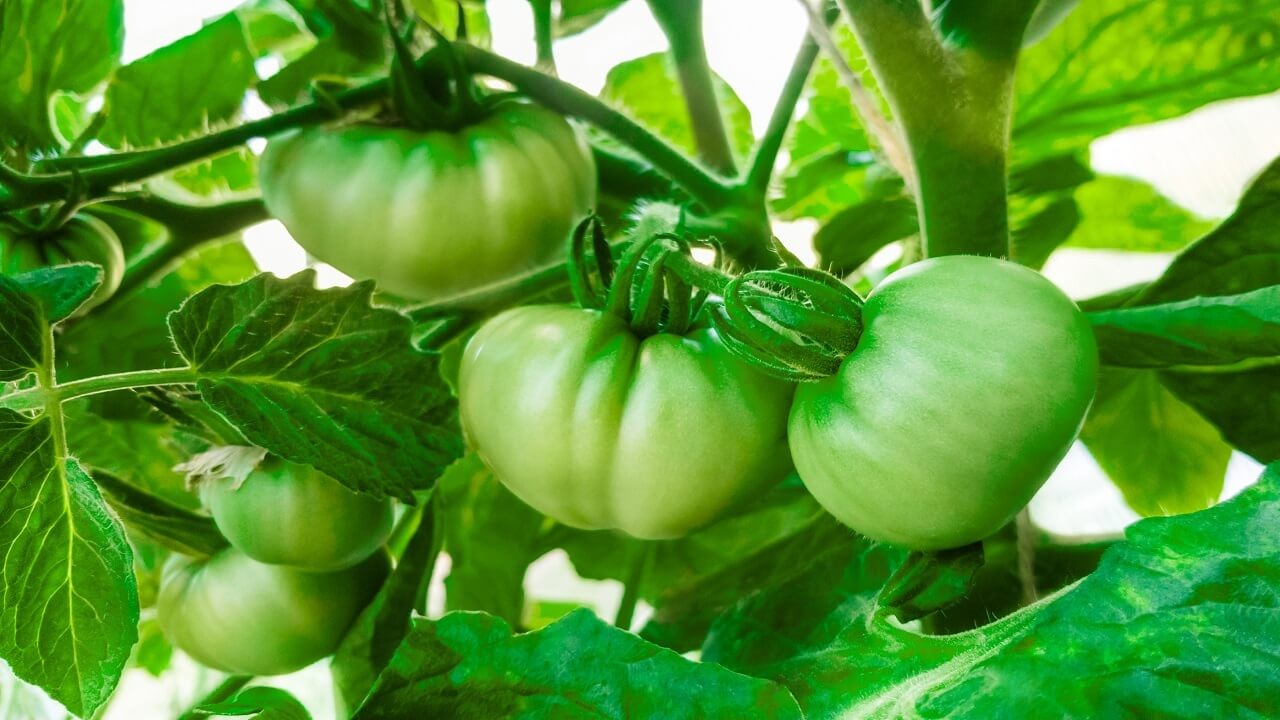
8 Factors For Profitable Vegetable Farming
August 13, 2024, 12:24 pm
If there’s anything the corona virus pandemic taught us, it’s the importance of producing high value perishables (vegetables and fruits) very close to the consumers.
For instance, shipments of tropical fruits from Southeast Asia, which were in season during the corona virus lock down(April–May), were disrupted through congestions at ports of Shanghai and Tianjin, leading to significant losses due to the perishability of the produce.
8 Factors For Profitable Vegetable Farming
Growing or producing vegetable in the midst of the consumers or very close to market is a wonderful farming concept made possible by greenhouse farming technology. However, just because greenhouse farming technology allows profitable vegetable farming or growing of crops near the market doesn’t mean that certain criteria or factors shouldn’t be considered before deciding which crop or seed variety to grow.
Before making a decision as to what crops or seed variety to grow in your greenhouse farm, or even an open field farm, these are the factors you should put into consideration if you want profitable vegetable farming:
Yield: The crops or seed variety should have the potential to produce crops at the same or better yield and quality to those already grown. Harvested yield may be much less than potential yield depending on markets and quality factors.
Days to Harvest: Choose crops or seed varieties that meet market requirements based on days to harvest. Earliness is a major selection factor for vegetable farming and days to harvest is a critical selection factor for late rainy season and harmattan maturing crops, especially in shorter season areas of the market region. Days to harvest in seed guides are based on the most common planting date and may be considerably longer in cooler periods or shorter in warmer periods. A more accurate guide to maturity will be Growing Degree Days (GDD), which are calculated for a specific crop using daily highs and lows and a base temperature. GDD information for different vegetable crops such as peas and sweet corn are available from seed suppliers and breeders.
Disease and Insect Resistance, Herbicide Resistance: The most economical and effective means of pest management is through the use of crops or seed varieties that are resistant or tolerant to diseases caused by fungi, bacteria, viruses, or nematodes. When all other factors are equal, select a crops or seed variety with needed disease resistance or tolerance. In some vegetables, such as sweet corn, insect resistant varieties are also available and should be considered where they fit your requirements. Herbicide resistant varieties of sweet corn are also available to allow for the use of post emergence non-selective herbicides for weed control. The continuous or intense production of herbicide or pest-resistant varieties can potentially lead to herbicide-tolerant weeds and new, more virulent pest strains. Adherence to vender or Extension recommendations and a long-term crop rotation plan should minimize this risk.
Resistance to Adverse Environmental Conditions: Choose crops or seed varieties that are resistant to environmental conditions that are likely to be encountered in your market region. This includes heat or cold tolerance (disorder such as tuber heat necrosis); drought tolerance; resistance to wet weather (disorders such as cracking and edema); and resistance to low nutrient levels (disorders such as blossom end rot, leaf tip burn and hollow stem).
Horticultural Quality: Choose crops or seed varieties that meet market quality requirements. Quality attributes such as taste, texture, size, shape, color, uniformity, and defects will often dictate variety selection. Grades, percentage by grade, or pack-outs are key quality attributes for some markets. Variety test data such as soluble solids (sugars or sweetness), acidity, pungency, fiber content and consumer taste panel information can assist in variety selection where available. Processing performance is of major concern for frozen, canned or pickled vegetables. Other considerations include the ability to handle mechanical harvest or the ability to be packed and shipped distances with minimum damage in contrast to vegetables that are adapted only to hand harvest and local sales or short distance shipping. Other quality characteristics to consider include holding or storage ability, ripening characteristics, nutritional content, and culinary qualities.
Plant Characteristics: Plant characteristics that may be considered in variety selection include plant form such as bush, upright, or vining; plant height; plant size; location of harvested part on the plant; and ease of harvest.
Adaptability: Successful varieties must perform well under the range of environmental conditions and production practices commonly encountered on individual farms. Seasonal adaptation is another selection consideration
Market Acceptability: The harvested plant product must have characteristics desired by both you and your buyers. Make sure you consider the requirements or desires of consumers, packers, shippers, wholesalers, retailers, or processors. Included among these qualities are flavor, pack out, size, shape, color, culinary qualities, nutritional quality or processing quality. Specialty markets such as ethnic markets, restaurants, or gourmet sales will have very specific variety requirements.
It’s also important to note that many vegetable seed companies offer crop or seed varieties that are transgenic or “GMO” (genetically modified organism). GMO varieties feature a small amount of DNA from a source outside of the crop species gene pool; another plant species, bacterium, virus, or even animal. This foreign DNA is either the direct source of a new trait such as herbicide, or disease or insect resistance or is needed to assist the gene insertion process. GMO products in the food chain are highly controversial, and effects are ongoing to regulate and label them. Be aware of current and pending regulations and adverse public sentiment before growing and marketing GMO varieties of vegetable crops.
If you would like to know more about how to setup a profitable vegetable farming business using greenhouse technology to grow vegetables and fruits very close to the market, then you should get our greenhouse farming business plan package. Our greenhouse farming business plan package consists of these 3 reports:
1. Greenhouse Farming Business Plan: This will explain the business and financial aspects of greenhouse farming to you with expected costs and profits projections. You should also factor insurance to help cover losses from unexpected disease outbreaks
2. Greenhouse Farming Seed Report: This will show you all the correct variety of crops and seed you can grow in your greenhouse farm that meets the all factors listed in this article. You will know their yield /output information and diseases they are resistant to.
3. 1 Acre Greenhouse Financials: This will show you the cost of constructing a 1 acre greenhouse and your expected profits from its operations.
Our greenhouse farming business plan package costs N50,000.
If you're interested in getting our greenhouse farming business plan, reports and consultation service, send a mail to agsolutions@agricdemy.com or call/chat 08089864121 to discuss further and get payment details.
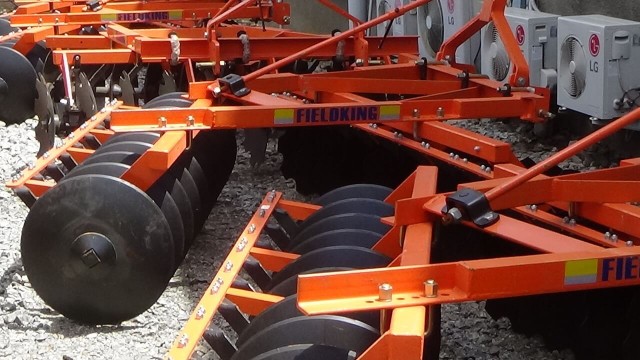

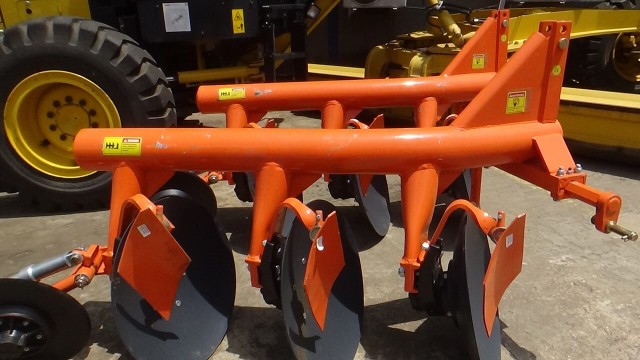
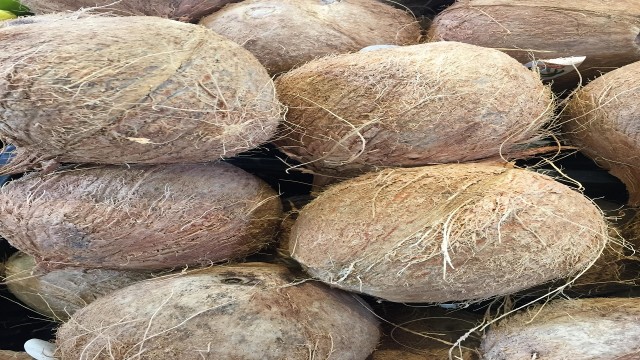
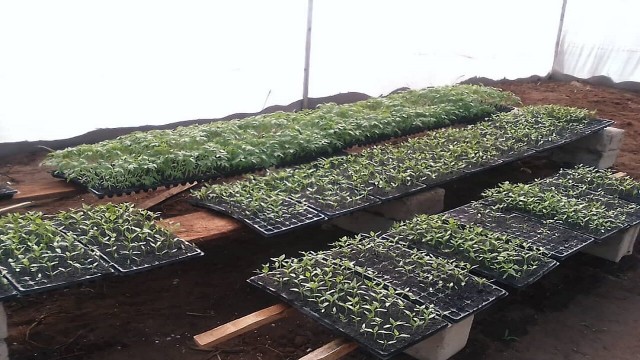
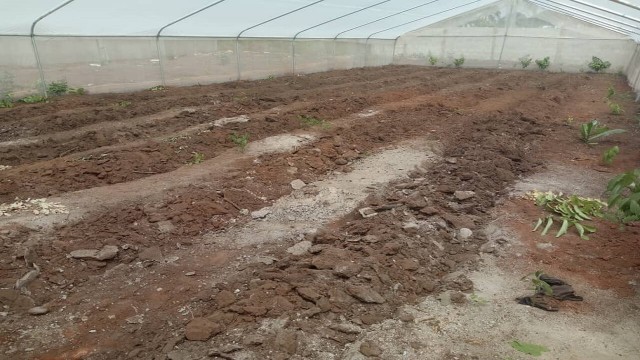
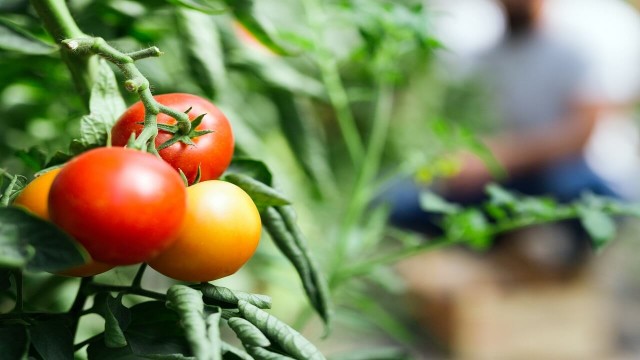




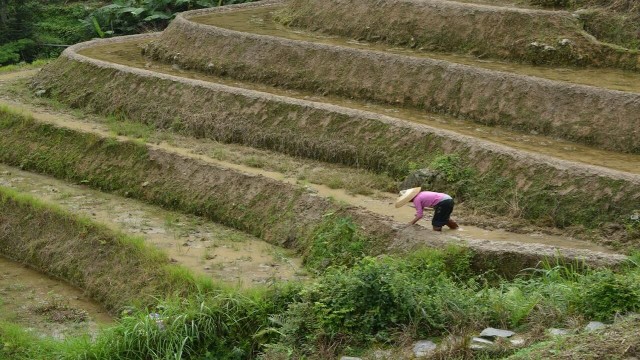
Share This Article: